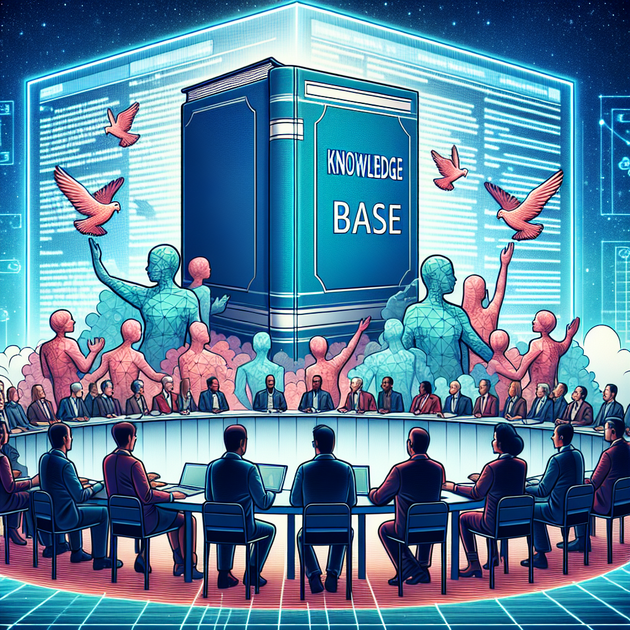Have you ever wondered why something as seemingly neutral as an online encyclopedia can spark a fierce political tug-of-war? That’s exactly what’s happening with “Wokepedia,” a term some conservatives use to criticize Wikipedia. The question is—why are conservatives attacking Wokepedia right now? Let’s break down what’s fueling this latest chapter in the ongoing culture wars over information and truth online.
What Is ‘Wokepedia’ and Why Is It Controversial?
First up—what does “Wokepedia” actually mean? It’s not a separate website; it’s a nickname used (sometimes sarcastically) to describe Wikipedia when critics believe articles push a left-leaning or “woke” perspective. For some conservatives, “Wokepedia” signals that Wikipedia has lost its neutrality and now favors progressive viewpoints on social issues like gender, race, and politics.
The controversy isn’t just about a few edits or debates over obscure historical events. Instead, it touches on much bigger issues:
- Bias in Information: Who decides which facts make it onto Wikipedia?
- Online Censorship: Are certain opinions or sources being unfairly excluded?
- Influence Over Public Opinion: Is Wikipedia shaping how millions see current events?
- Editorial Control: How transparent is the process for editing contentious topics?
These questions matter because Wikipedia isn’t just another website—it’s often the first place people look up everything from politicians to pandemics.
The Conservative Critique: What Are They Saying About Wokepedia?
So why are conservatives attacking Wokepedia now? Their main argument is that Wikipedia has strayed from its mission of neutrality. Instead of presenting all sides evenly, they say editors favor progressive language and sources while marginalizing conservative perspectives. This criticism became louder during recent debates over topics like transgender rights, historical controversies, and even coverage of public figures.
Here are some points conservatives often raise:
- Certain conservative sources or think tanks are flagged as unreliable or excluded.
- Edit wars erupt around “culture war” topics like climate change or gender identity.
- Articles may use language that reflects ideological positions (for example, using specific pronouns or terminology).
- The small group of active editors may not represent broader political diversity.
Of course, supporters of Wikipedia argue that strict sourcing rules keep misinformation out—but critics say those rules sometimes double as gatekeeping tools against dissenting views.
Anecdote: A Tale From Inside the Edit Wars
Let me tell you about someone I know—a college friend named Matt—who once tried to edit a Wikipedia article about a controversial Supreme Court decision. He added a few sentences from a mainstream conservative publication to balance out an overwhelmingly critical section. Within hours, his edit was deleted with a note saying the source was “unreliable.” When he asked why in the talk section, he got caught in a heated debate with longtime editors who cited policies about reliable sources—but none seemed willing to consider that their choices might reflect their own biases too.
Matt left frustrated—not just because his contribution was removed but because he felt shut out of what was supposed to be an open platform for all voices.
What Does This Mean for Online Knowledge (and Us)?
At the heart of this battle over “Wokepedia” is something bigger than just one website. It’s about trust—who gets to decide what counts as knowledge in our digital age? When major platforms like Wikipedia face accusations of bias from one side or another, it risks chipping away at public confidence in shared facts.
Here’s why this matters:
- If people don’t trust platforms like Wikipedia to be balanced, they might turn to more partisan alternatives—deepening echo chambers.
- The debate highlights how hard it is for any large site to stay truly neutral when society itself is so polarized.
- How we resolve these arguments could shape not just encyclopedia entries but conversations everywhere—from classrooms to Congress.
It’s easy to roll your eyes at yet another internet spat—but this one hits close to home for anyone who cares about where we get our facts.
So here’s my question for you: Do you think it’s possible for any major online platform—Wikipedia included—to stay truly neutral? Or is every source bound to reflect someone’s worldview eventually?

Leave a Reply